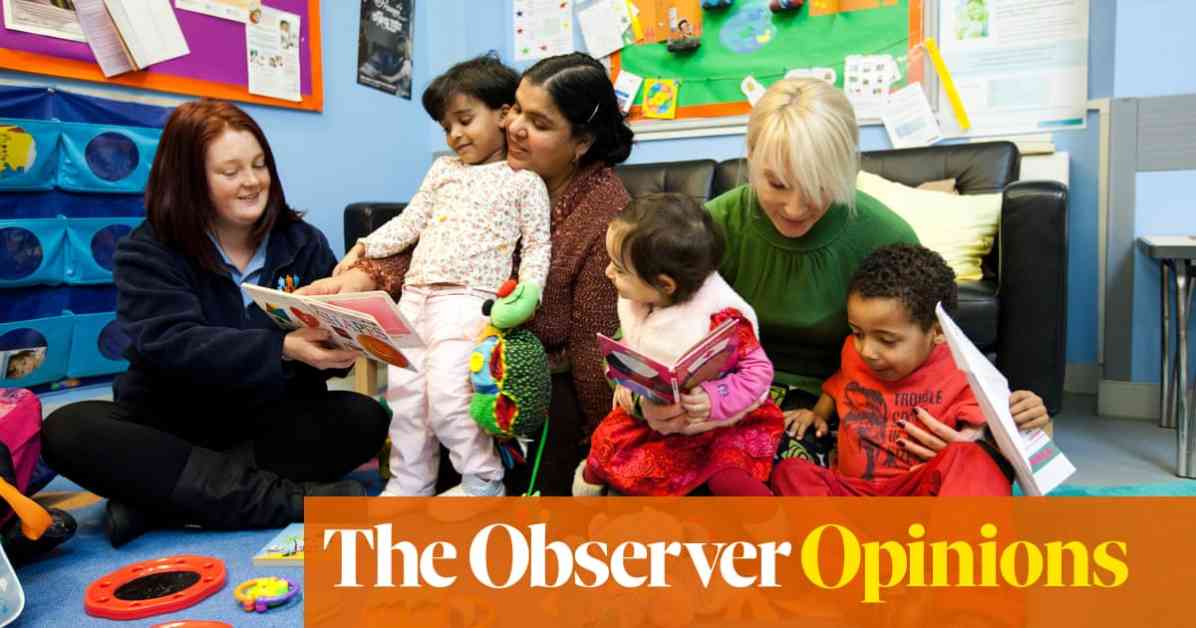On February 22, 2019, I had the honor of speaking at a conference dedicated to remembering my dear friend, Tessa Jowell. The focus of the event was on her legacy, particularly the Sure Start programmes that she championed during her time as a public health minister. These programmes, aimed at providing support for children under five, were gradually expanded in the 2000s but sadly faced significant cutbacks after 2010.
As of 2019, there was a growing body of evidence indicating the positive impact of the Sure Start programme on families and mothers. While it was still too early to fully measure the long-term effects on children, recent studies have shown promising results. Research conducted by the Institute for Fiscal Studies (IFS) revealed that children who had access to a Sure Start centre experienced a 13% decrease in the likelihood of having a criminal conviction by the age of 16. Additionally, custodial sentences decreased by a fifth, resulting in significant savings in youth justice and social care spending.
The findings of the IFS study underscore the value of early intervention and support for children and families, showcasing the potential long-term benefits of programmes like Sure Start. Tessa Jowell’s dedication to improving the lives of young people through initiatives like Sure Start continues to have a lasting impact, even years after their implementation.
While Sure Start centres have garnered attention for their positive outcomes, the closure of youth centres due to austerity measures has also raised concerns. Research conducted by Warwick University’s Carmen Villa highlighted the detrimental effects of youth centre closures on teenagers, leading to poorer exam performance and increased likelihood of engaging in criminal activities. The financial cost of these negative outcomes far outweighs any short-term savings, emphasizing the importance of investing in youth services for the well-being of future generations.
As we reflect on the implications of cutting children’s services, it becomes evident that such actions are a false economy. The short-term savings achieved through austerity measures pale in comparison to the long-term costs incurred by society as a whole. It is crucial for policymakers to prioritize the well-being of children and invest in programmes that support their development and growth. By doing so, we can secure a brighter future for generations to come, just as Tessa Jowell envisioned through her tireless advocacy for children’s services.







